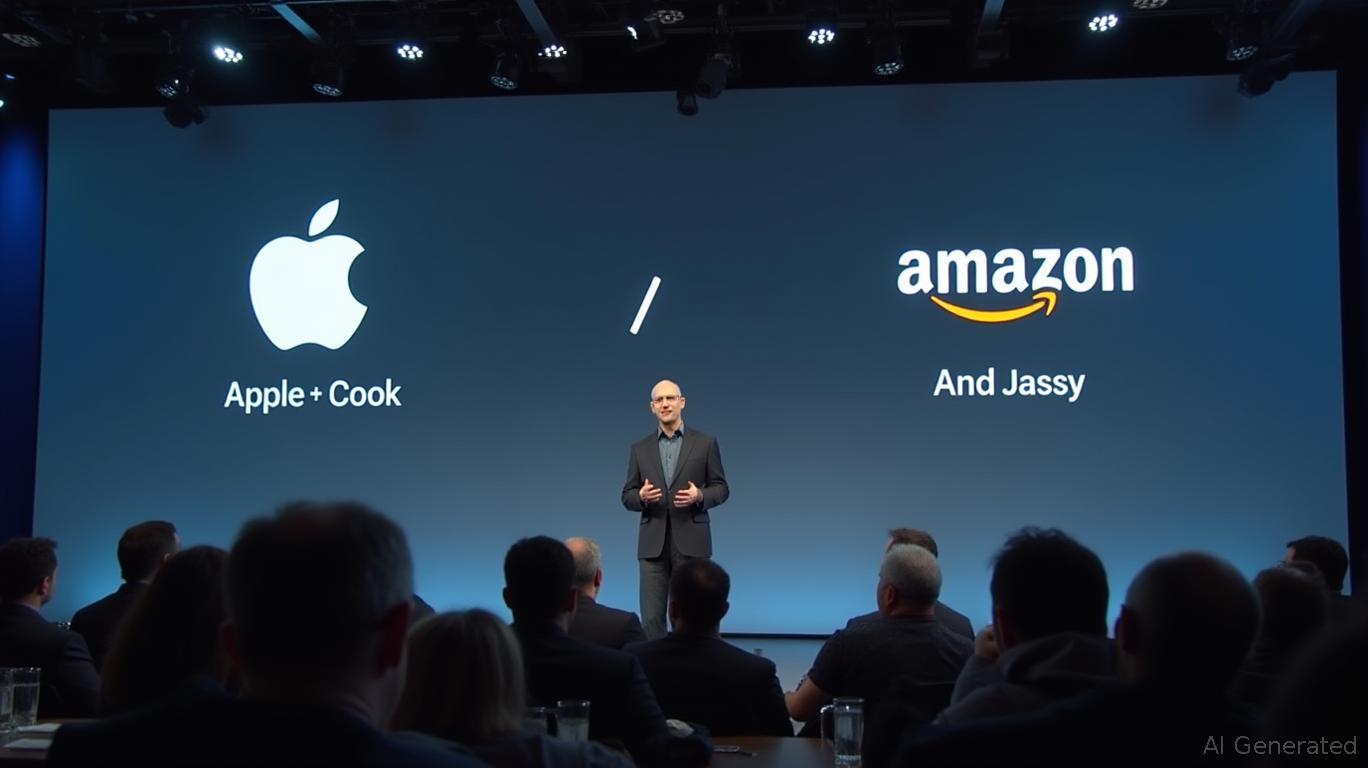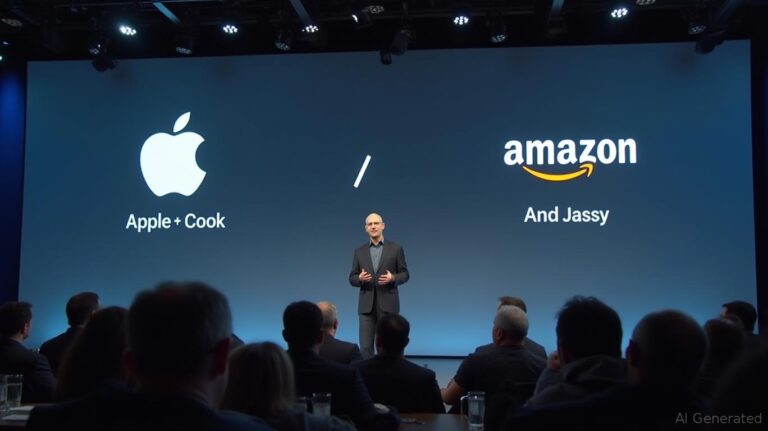Here’s a head-scratcher: Microsoft’s laying off 6,000 people while simultaneously planning to drop $80 billion on AI infrastructure. It’s like selling your car to buy a rocket ship – sounds crazy, but there might be a method to the madness.
This latest round of pink slips isn’t your typical cost-cutting move. It’s part of a larger tech industry transformation where traditional roles are getting the boot while AI positions can’t be filled fast enough. Welcome to the great tech reshuffling of 2025, where even giants like Microsoft are rewriting their playbooks.
Overview of Microsoft’s Recent Layoffs
Microsoft to lay off about 6,000 jobs worldwide, hitting roughly 3% of their total workforce. This massive shakeup comes hot on the heels of their January 2025 cuts, showing the tech giant isn’t done trimming its ranks.
The company’s taking aim at management positions this time around, with pink slips going out across all teams and locations. It’s not about poor performance though – Microsoft’s actually doing pretty well, with strong sales and profits. Instead, they’re shifting gears to pour more money into AI and cloud tech, which means spending a whopping $80 billion this year on building out their AI infrastructure.
The process kicked off with notifications rolling out on a Tuesday, leaving many employees wondering about their future. For those affected, it’s more than just numbers – it’s about real people facing real changes.
Microsoft, based in Redmond, Washington, said the layoffs will be across all levels and geographies but the cuts will focus on reducing the number of managers. Notices to employees began going out today.https://t.co/uMQUPAxWN5
— The Columbian (@thecolumbian) May 13, 2025
Short-term and Long-term Impacts on Microsoft’s Market Position
These job cuts aren’t just about trimming the fat – they’re part of Microsoft’s bigger money moves. By cutting back on management layers, they’re freeing up cash for their massive AI plans. The company’s already seeing solid results, with their cloud business Azure growing 33% year-over-year, and AI workloads making up nearly half that growth.
Looking ahead, Microsoft is cutting 3% while betting big on artificial intelligence, throwing $80 billion at building out their AI infrastructure this year alone. But this comes at a cost – their cloud margins dropped from 72% to 69% in March. According to D.A. Davidson analyst Gil Luria, Microsoft might need to keep cutting about 10,000 jobs yearly just to balance out their hefty AI spending.
Alignment with Broader Tech Industry Trends
Microsoft to lay off fits right into a pattern we’re seeing across Big Tech. Since 2023, Amazon’s dropped over 27,000 workers, Meta’s said goodbye to 21,000, and Google’s trimmed 12,000 from their ranks. What’s interesting is how these cuts have shifted from the pandemic cleanup phase to something more targeted.
Back in 2020-2021, tech companies went on a hiring spree when everyone was stuck at home. Now they’re paying for that optimism with rounds of layoffs. But here’s the twist – 2024 brought a new flavor to these cuts. Companies aren’t just slashing jobs randomly; they’re carefully picking which roles to cut while beefing up their AI teams.
For Microsoft and its tech buddies, it’s all about getting lean while racing to build the next big thing in AI. The result? A tech workforce that’s shrinking in some areas but growing like crazy in others.
Tech Job Market Trends: Automation and AI
Microsoft is Cutting and other tech giants are cutting traditional roles, they’re snatching up AI specialists and data wizards left and right. It’s not just about saving money – it’s about changing how work gets done.
Companies are swapping out middle management for machine learning experts. Jobs that once needed dozens of people can now run with a handful of AI-savvy pros. The result? A job market that’s splitting in two: traditional tech roles are shrinking, while AI and data science positions can’t get filled fast enough.
For tech workers, the message is clear: brush up on those AI skills or risk getting left behind. The companies that once needed armies of project managers now want fewer bosses and more builders who can work with AI tools.
Microsoft’s Strategic Shifts Post-Layoffs

While Microsoft to lay off might look like simple cost-cutting, they’re actually part of a bigger chess game. The company’s going all-in on AI, pumping $80 billion into building better data centers and tech infrastructure. It’s not just throwing money around – their cloud business Azure is already seeing the payoff, with AI tasks making up nearly half their growth.
The company’s also getting rid of extra management layers, making room for more tech talent. This isn’t about saving pennies – it’s about moving faster and staying competitive. With their stock up 200% since 2020’s lows, investors seem to like what they’re seeing.
But here’s the kicker – Microsoft’s betting that fewer managers and more AI experts will keep them ahead of the pack. Their cloud margins took a hit (dropping from 72% to 69%), but they’re playing the long game, focusing on where tech’s headed, not where it’s been.
Impact of Layoffs on Talent Retention and Company Culture
The recent job cuts at Microsoft to lay off put them in a tricky spot when it comes to keeping their best people. With tech companies fighting over AI talent, these layoffs might make some star performers think twice about sticking around. The five-day deadline for employees to choose between severance or a performance improvement plan isn’t helping either – it’s got folks feeling the pressure.
The ripple effects are already showing up in team dynamics. When managers aren’t involved in deciding who stays and who goes, it creates tension. Plus, with fewer layers of management, the remaining employees are scrambling to figure out new reporting structures and team responsibilities.
But here’s what’s interesting – Microsoft’s still pulling in strong numbers, with their stock up 200% since 2020. They’re betting that a leaner structure with more focus on AI will keep them competitive. Still, keeping everyone motivated while cutting jobs is like walking a tightrope – you need perfect balance to avoid a fall.
Expert Opinions and Data-driven Insights
Market watchers see Microsoft’s layoffs differently. Gil Luria from D.A. Davidson points out they’ll need to cut around 10,000 jobs yearly just to offset their AI investments. Others note how Microsoft’s stock performance – up 200% since 2020 – suggests investors back their strategy.
The numbers tell an interesting story too. Microsoft’s cloud margins dropped from 72% to 69%, but their Azure platform grew 33% year-over-year. Almost half that growth came from AI workloads, showing their big bet might be paying off.
Industry analysts predict this pattern of targeted cuts while building AI muscle will spread across tech. With $80 billion going into AI infrastructure this year alone, Microsoft’s setting the pace for how big companies might handle the shift from traditional roles to AI-focused positions.
Broader Public and Private Sector Implications
Microsoft to lay off about 3% of their workforce is sending ripples way beyond the tech bubble. State governments and other industries are watching closely – these layoffs hint at bigger shifts in how work gets done. While tech workers are feeling the squeeze, public sector jobs are starting to mirror this pattern, especially in IT departments.
The real story isn’t just about lost jobs – it’s about what kind of jobs are sticking around. Traditional roles are getting squeezed out while AI and data skills become must-haves. Local governments are scrambling to figure out what this means for their workforce planning, with some already rolling out retraining programs.
Companies outside tech are taking notes too. Banks, healthcare providers, and manufacturers are looking at Microsoft’s playbook, wondering if they should trim management layers and beef up their tech teams. It’s creating a two-speed job market: traditional roles shrinking while tech-savvy positions boom.
Looking Ahead: The New Normal in Tech Employment
The dust hasn’t settled on Microsoft’s latest round of layoffs, but one thing’s crystal clear – the tech industry’s playing field is shifting faster than a quantum computer. With traditional roles shrinking and AI positions exploding, we’re watching the birth of a new tech workforce ecosystem in real-time.
For better or worse, Microsoft’s bold move signals where the industry’s headed: fewer managers, more AI experts, and a whole lot of disruption along the way. It’s not just about cutting costs – it’s about rewiring how tech companies operate in an AI-driven world.













